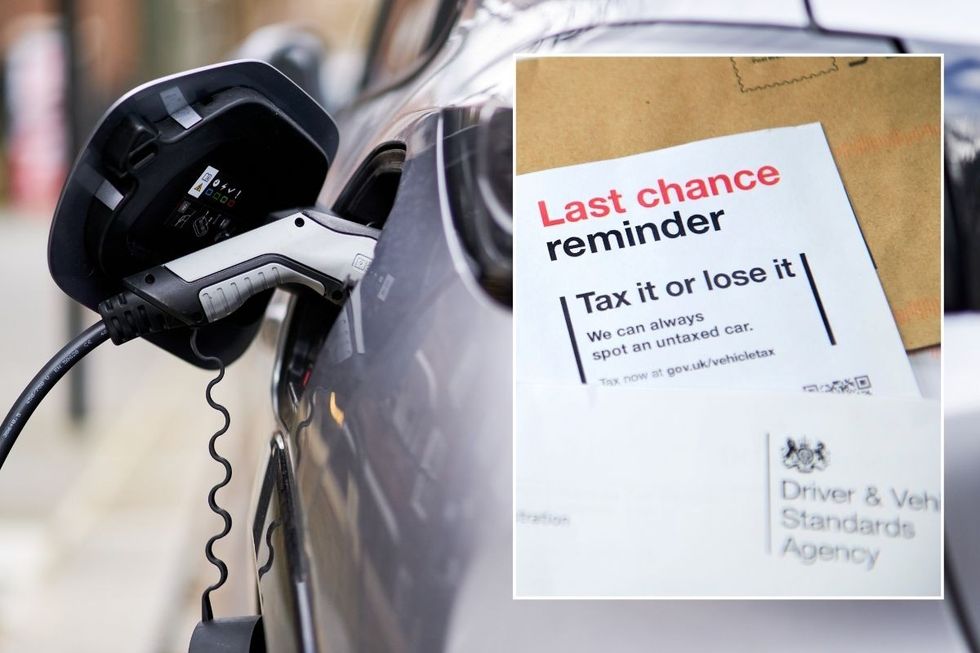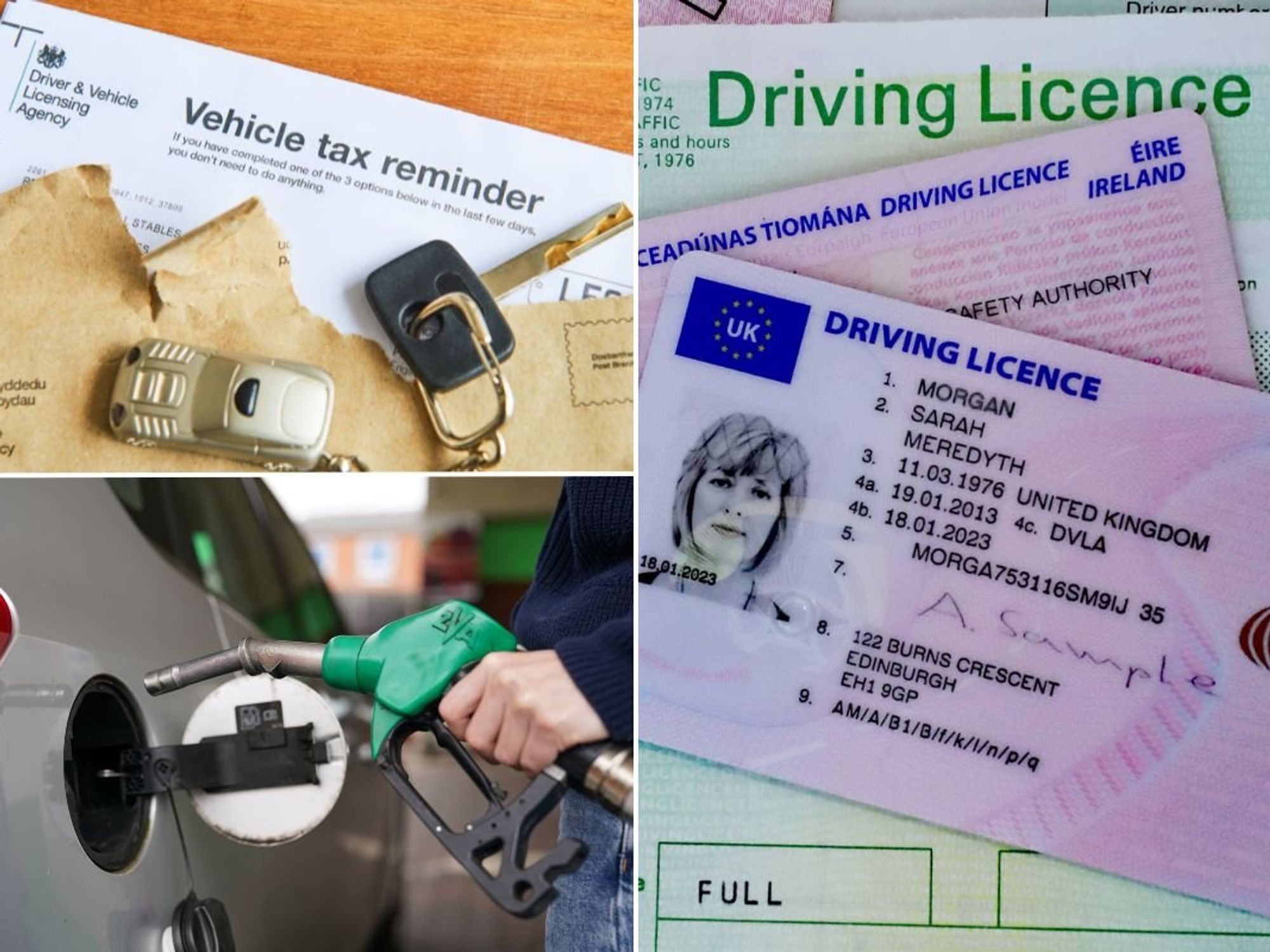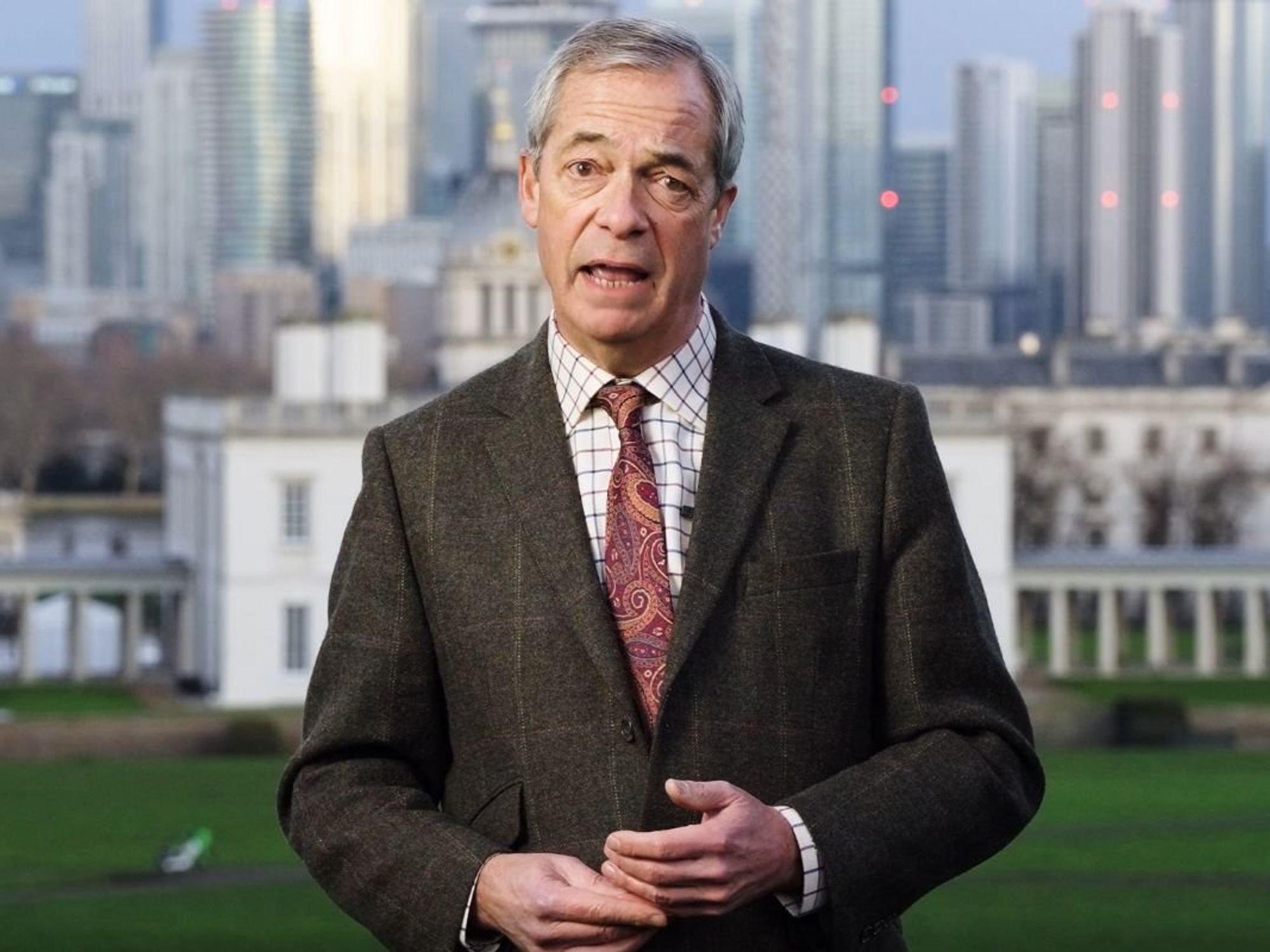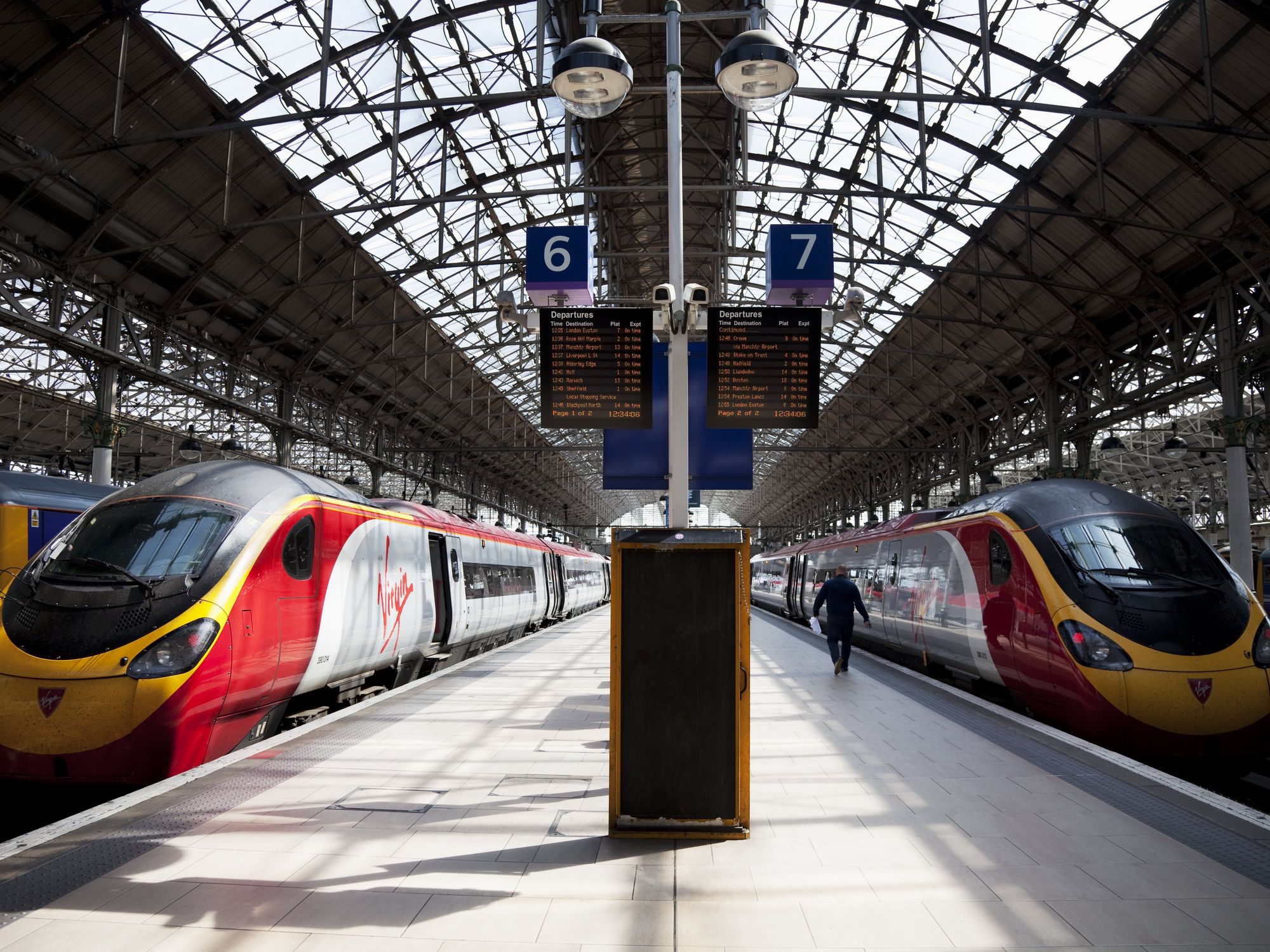Petrol and diesel car owners face higher taxes on horizon to help fuel uptake of electric cars

A think tank has called for higher taxes to help encourage EV purchases
Don't Miss
Most Read
Motorists could face more car taxes as the new Labour Government gets urged to help increase the incentives for electric vehicles.
In a bid to see more uptake in EVs, a think tank has insisted that the Government consider raising taxes on petrol and diesel cars to reduce the “premium” element associated with electric car purchases.
According to a new report by Resolution Foundation it has recommended increasing taxes if concerns over EV purchases continue to remain stable
The report also calls for scrapping arbitrary EV tax breaks, which currently favour higher-income drivers.
Do you have a story you'd like to share? Get in touch by emailing motoring@gbnews.uk

Foundation recommended reducing VAT on public charging from 20 per cent to five per
| PA/GETTYThese include benefit-in-kind incentives for company cars and salary sacrifice schemes pegged to employees' tax rates.
"If, though, sales concerns persist, then ministers should look to increase taxes on new non-electric cars to reduce the premium associated with purchasing a new EV, rather than subsidise EVs anymore," the report states.
The think thank report also highlighted the need to address the higher cost of public EV charging compared to home charging which is it estimates costs around £425 more per year for average mileage.
To tackle this disparity, the foundation recommended reducing VAT on public charging from 20 per cent to five per cent, bringing it in line with home charging rates. This measure could cost the Treasury approximately £700million.
The report also suggests introducing measures to ease supply issues and boost competition for public charging infrastructure.
Jonathan Marshall, principal economist at the Resolution Foundation said: "If the UK is to reach net zero by 2050, we need to decarbonise travel, and fast. That's no easy task when it makes up a third of our carbon emissions."
The Resolution Foundation's analysis sdetailed how decarbonising Britain's transport sector could lead to significant savings for households. By 2035, the report estimates potential savings of £22billion, or £650 per household on average.
However, the transition to electric vehicles poses challenges in terms of equitable access to charging infrastructure. The report notes that households without off-street parking, which is twice as common among poorer families, may miss out on the cost benefits of home charging.
To address this disparity, the Foundation recommended breaking up local monopolies on public chargers or considering price regulation. These measures aim to ensure that the benefits of the net zero transition are shared fairly across society.
Industry reactions to the Resolution Foundation's proposals have been mixed. Steve Gooding, director of the RAC Foundation, acknowledged the role of wealthier motorists in driving the EV transition but emphasised the need for improved public charging infrastructure.
Fiona Howarth, CEO of Octopus Electric Vehicles, defended salary sacrifice schemes, stating: "Drivers want electric cars, but the top reason not to buy one is cost. Electric car prices continue to fall, but until we have price parity with old school gas-guzzlers, salary sacrifice makes these tech-packed cars accessible to all."
However, recent data from the Society of Motor Manufacturers and Traders showed that private demand for new diesel cars grew faster than for pure battery electrics last month.
LATEST DEVELOPMENTS:
 Electric cars will be charged the lowest rate of VED | PA
Electric cars will be charged the lowest rate of VED | PAQuentin Willson, founder of FairCharge, warned against abolishing salary sacrifice for EVs, calling it "a grave mistake" as lower-income drivers begin to understand the financial benefits.
Marshall noted: "The transition to electric vehicles promises to reduce costs to motorists. However, the risk is that without further policy changes, those savings could all go to richer households.
"But with universally affordable charging for electric vehicles, targeted discounts for public transport, and more comprehensive carbon pricing for those reluctant to ditch their frequent flights, a fair transition is very much within our reach."










